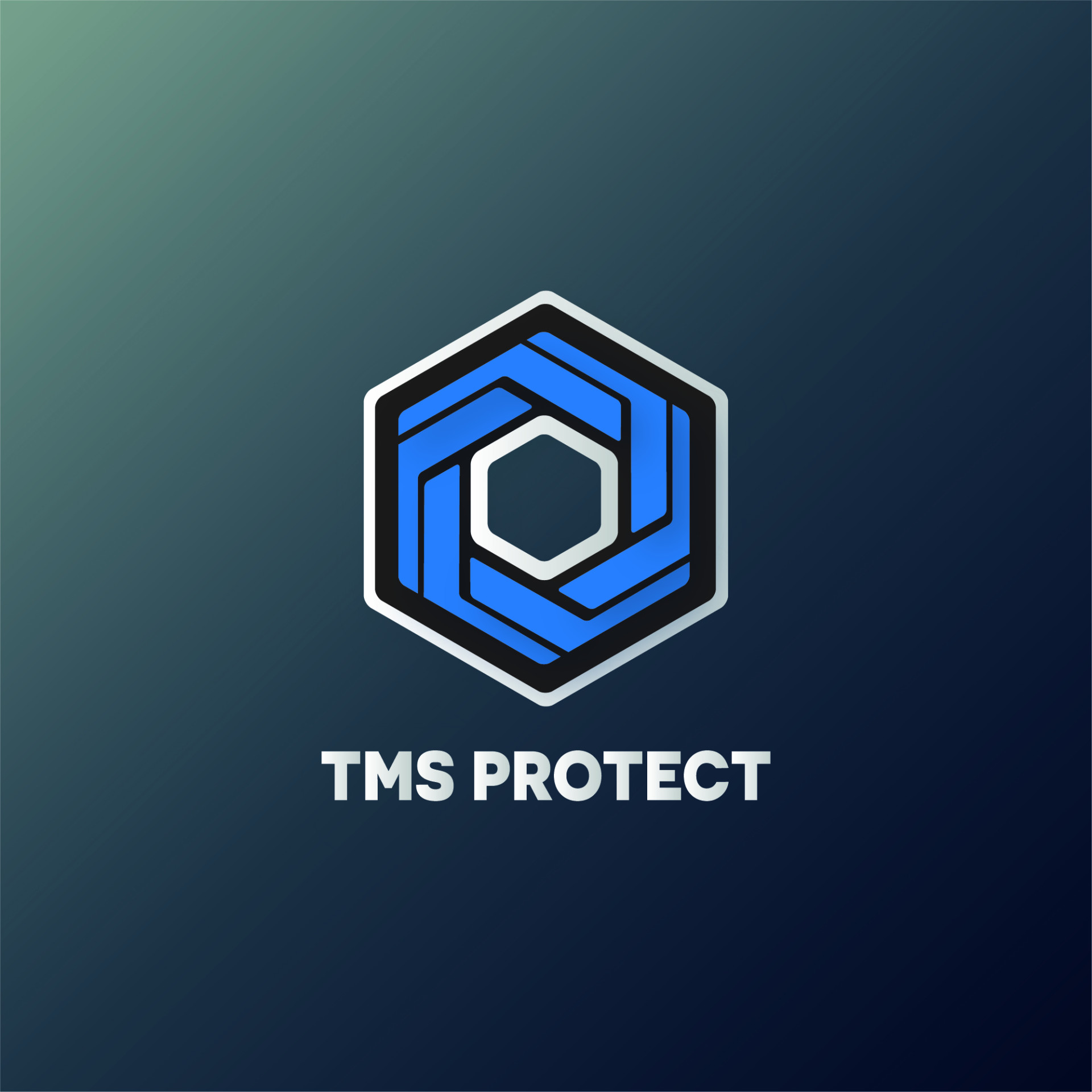R&R – STAGE & PIT
Please pay close attention to the brief, where all site-specific criteria pertaining to your position and role will be communicated to you. It is essential for security personnel to be conversant with the specific policies and procedures applicable to them.
As is the case with all security positions, you are expected to have completed your employee induction, which includes, but is not limited to; customer service, counter-terrorism, collaboration, diversity and inclusion. You should also ensure that you are aware of the dress code and have completed the checklist to ensure that you are fully prepared for work in this environment that is constantly changing.
Security staff working in stage and pit areas play a critical role in ensuring the safety and security of performers, crew members, and the overall production. Their roles and responsibilities may include the following:
- Performer and crew protection: Security staff are responsible for the protection and safety of performers and crew members in stage and pit areas. They should maintain a vigilant presence, closely monitoring the surroundings, and identifying any potential security threats or risks. They should be prepared to intervene and take appropriate action to prevent or mitigate any incidents that may compromise the safety of individuals involved.
- Access control: Security staff should control access to stage and pit areas, allowing entry only to authorised personnel. They should verify credentials, such as backstage passes or production identification, and ensure that only authorised individuals gain access to restricted areas. Strict access control measures help maintain the integrity of the production and prevent unauthorised individuals from entering sensitive areas.
- Crowd management: In stage and pit areas, security staff may be responsible for managing crowds or audiences during performances or events. They should ensure that crowd movements are orderly and controlled, preventing overcrowding or potential safety hazards. Proper crowd management techniques and protocols should be followed to ensure the safety and comfort of performers, crew members, and the audience.
- Emergency response: Security staff should be prepared to respond effectively in emergency situations that may arise in stage and pit areas. This includes being knowledgeable about emergency evacuation procedures, first aid protocols, and communication systems. They should coordinate with event organisers, production crew, and emergency services to ensure a timely and appropriate response to any emergencies or incidents.
- Surveillance and monitoring: Security staff should actively monitor stage and pit areas, using surveillance systems and their own observations to identify any security breaches or suspicious activities. They should be attentive to the movement of individuals, equipment, or props, ensuring that everything aligns with the production’s requirements and safety guidelines. Promptly reporting and addressing any security concerns or incidents is essential.
- Conflict resolution and crowd control: Security staff should be skilled in conflict resolution techniques and crowd control strategies. They should be able to manage difficult or disruptive individuals, diffuse tense situations, and ensure a safe and harmonious environment for performers, crew members, and the audience. Training in effective communication, de-escalation, and conflict resolution is crucial in handling challenging scenarios.
- Communication and coordination: Effective communication and coordination are vital for security staff working in stage and pit areas. They should maintain regular communication with event organisers, production crew, fellow security staff, and relevant personnel. Sharing important information, providing updates, and coordinating activities ensure a seamless and coordinated approach to security during the production.
- Backstage security: Security staff may be responsible for maintaining the security and integrity of backstage areas. This includes monitoring access to dressing rooms, green rooms, or other backstage spaces, ensuring that only authorised personnel enter these areas. They should protect personal belongings and equipment, prevent theft or unauthorised handling of props or costumes, and maintain confidentiality and discretion in backstage operations.

